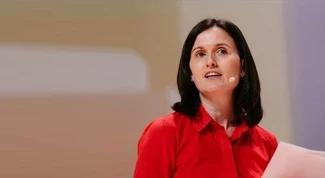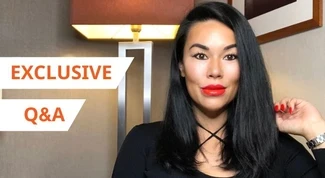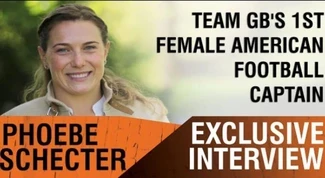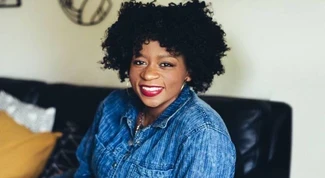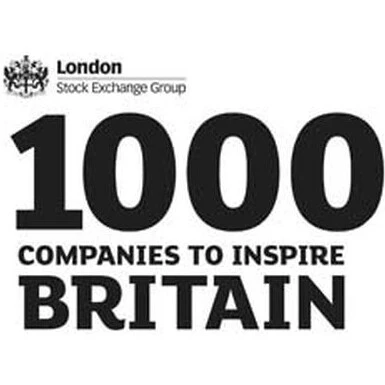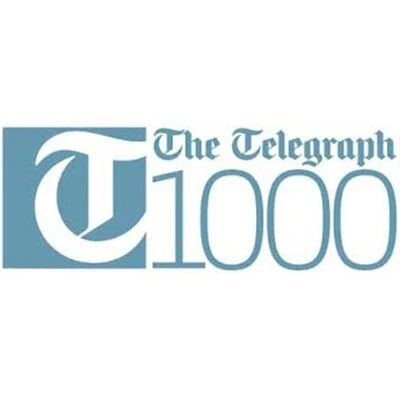In our latest interview, we discussed diversity and inclusion with an authority on the subject, Lord John Taylor of Warwick. As one of the only Black peers in the House of Lords and the first Black government advisor, John has experienced first-hand the evolution of equality in Britain, from his senior position in politics.
With his powerful message of equality and hope for an inclusive future, read our interview below to learn more about Lord Taylor:
Q: As the first Black Government advisor, why are diversity & inclusion important within Government?
“Diversity is important in Government and leadership, not just to have Black faces in high places, but to make a difference.
“When I became the first Black British special advisor, it was at the Home Office, one of the largest Government departments. It covers a lot of issues – crime, the police, the fire service, visas, immigration.
“And I thought to myself, ‘well, here you are, bloom where you’re planted’, and so I took that opportunity.”
Q: What was the biggest challenge you faced as a minority in Government?
“I think initially, resistance to change.
“When I first came to the Home Office, I wanted to make some international comparisons to look at how other countries did things. And the initial reaction from the civil service was, ‘well, why? Why do we need to? We’re British!’.
“The implication was that we’re British, so, therefore, the way we do it is the best. I thought, ‘well, it’s a big world out there, and there may be other countries that are doing things better than us. We could learn from them!’.
“I was shocked that there was resistance to look at how other countries did things.
“And you must remember, my parents were from the Windrush generation; they came to Britain just after the Second World War on the Windrush ship. At that time, in the windows of many of the houses was the sign ‘no Blacks, no Irish, no dogs’ – and that was quite legal.
“So, Britain had to work through that legacy. It’s become more diverse, but the old attitudes are still lagging, especially with the older generation.
"But I’m very optimistic about the future.”
Q: Do you think that we have achieved equality in Government, and if not, what more needs to be done?
“Equality is a journey, it’s not a destination. It’s a process, not an event. And so, it’s step-by-step, day-by-day.
“We are getting there. We’re better than we were before, but we’re not there yet.
“I am still encouraged – we just have to take it one step at a time.
“The main thing is that whatever the Government does or doesn’t do, Britain is becoming more diverse through intermarriage. So, that social process is happening – it is up to the Government to encompass that, to embrace it and to support it.”
Q: Your book ‘Winning the Race’ demonstrates how to rise above uncertainty & challenges to achieve your goals; what is your advice to those looking to rise above current challenges to achieve their own goals?
“I would advise anyone in that position that you can’t change your past, but you can change your future.
“It’s about bringing your future into the present and saying, ‘well, here I am, let’s make a choice to do better'.
“You will have setbacks. I’ve had many setbacks in my life. I’ve experienced racism and prejudice and so forth. But I always told myself, ‘don’t get bitter, get better'.
“And that’s what you have to do, rise above it. Take the higher ground each time and keep asking yourself, ‘what can I do to change things?’”
Q: As the former Chancellor of Bournemouth University & founder of the Warwick Leadership Academy, what motivates you to inspire the leaders of tomorrow?
“The youngsters of today are the leaders of tomorrow. So, if we don't mentor them, the future will be bleak. We must pass on our experience to young people so they can make our future better.
“Over the last couple of decades, I've mentored students and young people from over 80 nations. And it's been incredible to watch them go from rather uncertain circumstances, perhaps not sure if they'll make it to leaders in that process of time.
“We're investing in our future, and it will actually help us. It's not as if we're sacrificing anything, and it's very enjoyable to see young people develop into leaders.”
Q: When you were appointed a life peer, you were one of the youngest in Lords at the time; what are some of the benefits younger people bring to corporate environments?
“I think young people bring energy, new ideas. They're more in touch with modern culture than the golden oldies - experience is a very important thing, but it's about both working together in partnership.
“If you think about it, today's youth probably have more Black friends and even relatives than maybe they would have had, say, 20 or 30 years ago. So, Britain is changing and will be more open to other cultures, other ways of doing things.
“It's very important not to regard young people as a threat. Yes, they may lack experience, but it's our duty to mentor them so they can improve the particular company they're joining.
“And also, young people start on the bottom rung, basically. They're keen to prove themselves - as my mother used to say, ‘if you don't risk it, there's no biscuit’.
“You've got to give them a chance to take a risk within a controlled environment.”
Q: Which of your contributions professionally has made the greatest impact?
“My bill in the House of Lords that created Britain's first DNA database and through the database, it's led to a lot of research which has cured many illnesses, countless really. I'm very proud of that - the work goes on, but the database is there.
“Also, I've spoken at the White House, the United Nations and the World Trade Organisation about international policy. So, I'd like to think that the speeches I've made have actually influenced leaders around the world.”
Q: What is the proudest moment of your career so far?
“The proudest moment of my career was in 1996 when I was appointed by the queen - I was the only Black member of the House of Lords.
“I walked into the House of Lords chamber, which has beautiful chandeliers, the red leather benches, and I bow to the Queen's golden throne. I take the oath, look up into the public gallery, and there is my mother, in her 70s.
“I look up at her and she looks down at me and she just nods. And that was enough, that was the proudest moment.”
Q: If you could give yourself one piece of advice at the start of your career, what would it be?
“It would be: don't make a noise, make a difference. It's about achieving things, if you don't have any goals, you won't achieve anything. Set your goals.
“If you have setbacks, don't worry about it. If you're knocked down seven times, get up eight times. It's a marathon, not a 100 metres sprint. It's about endurance, fixing your goals.
“It's a journey, not an event.”
Book Lord John Taylor of Warwick
To book Lord John Taylor of Warwick for your diversity and inclusion-themed event, contact a booking agent at Champions Speakers by phone, on 0207 1010 553, or via our online contact form.
